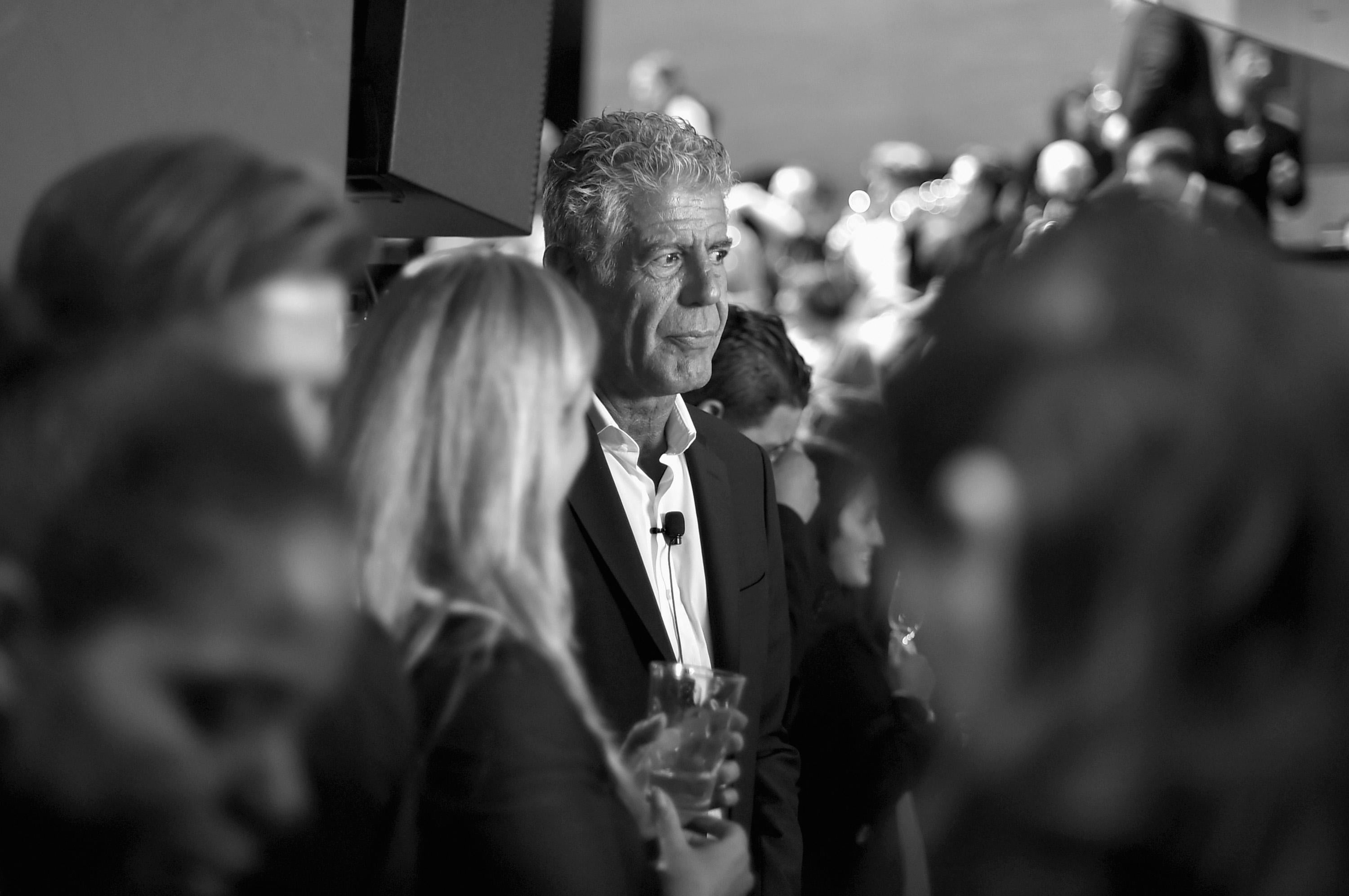This week, the New York Times reported on the forthcoming publication of a new unauthorized biography of the late TV star Anthony Bourdain, who died by suicide in 2018. The story included one particularly striking detail about author Charles Leerhsen’s sourcing: “The book’s most revealing material comes from files and messages pulled from Mr. Bourdain’s phone and laptop, both of which are part of the estate.”
It would be easy to skip right over that part of the piece to wade further into the controversy surrounding the book, but if you get to thinking about it, it raises some pretty interesting—and potentially alarming—questions. First among them: If Anthony Bourdain’s text messages became part of his estate when he died, does that mean that my text messages will become part of my estate when I die? And does that mean that whoever controls my estate will be able to read all my text messages when I’m dead? And furthermore, could that person just go ahead and allow these personal communiques to be published for all to see? (It’s not clear whether or to what degree that last question applies in the Bourdain scenario: Leerhsen told the Times he got Bourdain’s materials from a confidential source, though Bourdain’s ex-wife, who controls the estate, has reportedly not pushed back at their use.)
Luckily, there are people whose job it is to think about these kinds of things. I posed these questions to Naomi Cahn, a professor at the University of Virginia School of Law who has written about the digital afterlife for Slate. Cahn explained that this problem isn’t as novel as it might initially seem. “Before digital communication, when someone was administering your estate, they would find the dirty laundry,” she said, referring to physical items like bank statements but also love letters and journals. Text messages and emails are just the modern incarnation of these kinds of materials. Still, as to whether the person administering your estate can see all your messages after you’re gone, the answer is complicated, and laws vary state to state. As Cahn wrote in 2017, a majority of states have passed the Uniform Fiduciary Access to Digital Acts, Revised, which in many, but not all, cases protects the content from being accessed unless the deceased has specifically designated another party to have access upon their death.
Whether the person administering your estate would be able to share these materials with the public or use them for some other purpose is a separate question that we can consider. “In general, in the United States, when someone dies, the person who administers their estate has a fiduciary responsibility to the estate,” Cahn said. “That person’s responsibility is to the person who died.” In other words, they have to act in the best interests of the deceased, and not for personal gain. Of course, one could argue that making a person’s private communications public could be acting in that person’s best interests in the sense that their voice is being preserved, especially with a figure like Bourdain. It’s also possible that this material could fall into the wrong hands, via a hack or something similar, which may be relevant in this case, and that gets into a whole different area of law, Cahn said, called post-mortem privacy.
In the end, there’s only really one way to guarantee that no one gets your texts after you die: with a will. It’s possible that Bourdain had a will or trust that explicitly made his texts and emails part of his estate, which would make his situation a lot less ambiguous, and Cahn recommended that everyone consider including their preferences about their digital estates in their will. In such a document, you could specify that you do not want any material from it published, but also perhaps that you do not want it to be accessible to anyone at all. In addition to a will, Cahn suggested looking into the settings of the platforms you use for communication: “The best thing to do would be to fill out that Google inactive account manager, if you have a Gmail account, and to go onto Facebook and say ‘I do or do not want these things to happen when I cannot manage my account.’ ” As of 2016, Bourdain was an iPhone user, and Apple has an online option to request access to a deceased friend or family member’s account.
I’ll get around to doing that one of these days, but while I’m thinking about it, it probably can’t hurt to put it in writing here: When I die, no one is allowed to read my text messages or emails. Or any other future communication that may not be invented yet. There, let’s hope that holds up in court.
Future Tense is a partnership of Slate, New America, and Arizona State University that examines emerging technologies, public policy, and society.
